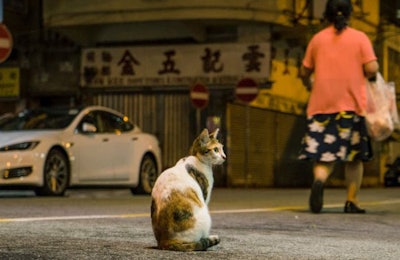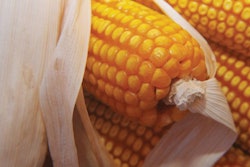
The use of tear gas by Hong Kong police to subdue nonstop, anti-government protests is risking the health of pets.
The toxic confrontation between police and protesters, especially in Hong Kong's crowded residential areas, leaves frightened pets and other animals vulnerable to high levels of tear gas and excessive noise. Experts believe both can cause pets to fall ill and eat less.
Animal rights groups, veterinarians concerned for animals’ well-being
Animal rights groups in Hong Kong like the Society for the Prevention of Cruelty to Animals (SPCA) have told the police that tear gas is hazardous to animals caught in the crossfire. Animal rights groups also asked the police not to use K9 dogs in areas where tear gas will be deployed.
In an interview with Bloomberg TicToc, Dr. Jane Gray, SPCA-HK deputy director of veterinary services and chief veterinary surgeon, said, “Tear gas affects animals in very similar ways to humans, only unfortunately it’s actually more severe ... So you’ll see excessive tearing, sneezing and irritation to the respiratory tract.”
A research paper by Massachusetts, USA-based Massachusetts Institute of Technology (MIT) professor Massimo Zucchetti on tear gas damage to man and environment said the toxic fumes can potentially harm vital organs and cause gastrointestinal symptoms due to food contamination.
Meanwhile, the U.S. Food and Drug Administration (FDA) lists lack of appetite as one of the symptoms of noise phobia or trauma in animals.
Briefly: Pet numbers in Hong Kong
A Special Administrative Region of China, Hong Kong is projected to have 545,600 pet dogs and cats by the end of 2019, according to its Census and Statistics Department. Market research firm Statista sees its pet food demand growing annually by 5.8% (CAGR 2019–21) and 2019 average pet food per capita consumption is at 8.1kg, equivalent to US$157 million in revenue. However, the uncertain political climate and the trade war between the United States and China might yet change these numbers for the worse.














